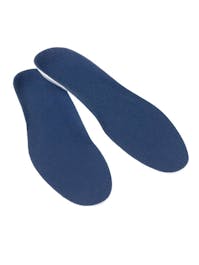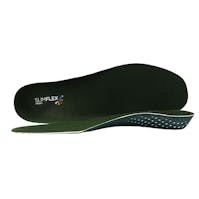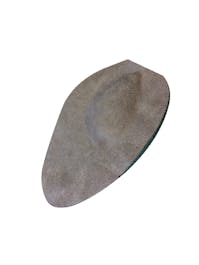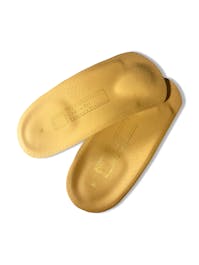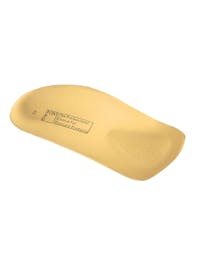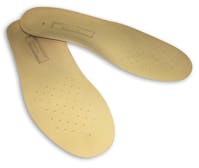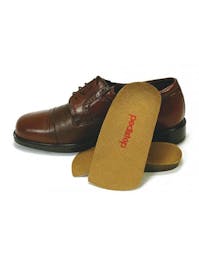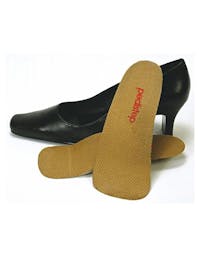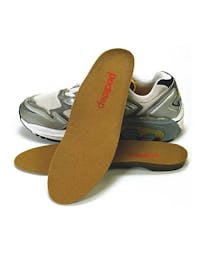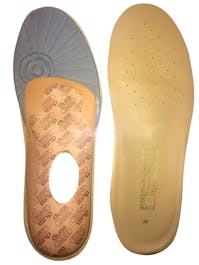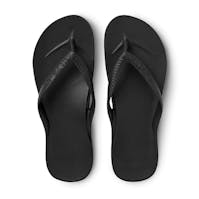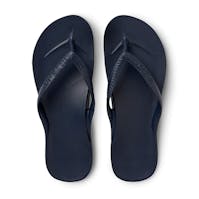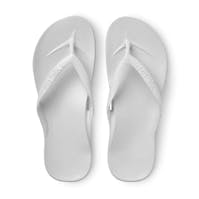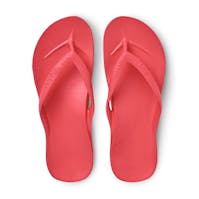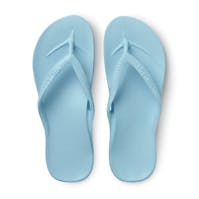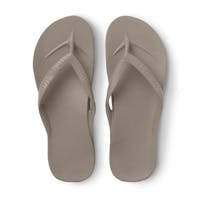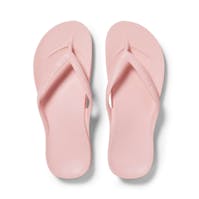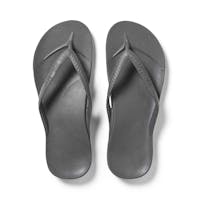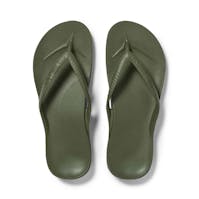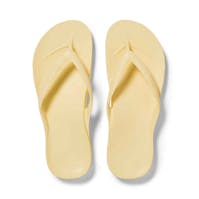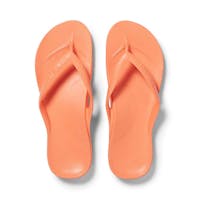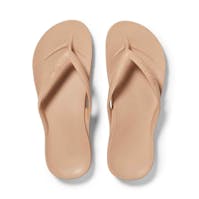What is Plantar Fasciitis?
Plantar Fasciitis is an inflammation of the ligaments that run under the sole of the foot. These ligaments which are referred to as the plantar fascia are attached to the heel bone at one end and to the five metatarsal bones that are situated in the forefoot.
The fascia supports the longitudinal arch of the foot, and also helps to prevent over pronation (in-rolling). The main site of pain is along the inner side of the arch and it also it may be localised on the inner side of the heel.
What causes Plantar Fasciitis?
The most common cause of plantar fasciitis is excessive abnormal pronation, where the foot in-rolls and does not function in its most efficient way. If the foot is over pronated, the plantar fascia, which is already tight, becomes stretched and twisted as it tries to prevent the abnormal pronation from occurring. When this happens, the area becomes inflamed and very uncomfortable.
Symptoms of Plantar Fasciitis
The extra stress and pull on the fascia may also cause the lining of the bone to be pulled away from the bone at the point of attachment. In some chronic cases the pull on the bone creates an enlargement of the bone at the point of attachment (heel spur) and then the pain is more noticeable in the centre of the heel.
In a high arched foot or a rigid foot there is an added pressure on the plantar fascia, which increases vulnerability to the condition.
Plantar Fasciitis can also occur due to a continuous standing or unaccustomed walking, may also be a contributing factor. Excessive weight gain may also cause Plantar Fasciitis.
Plantar Fasciitis can also cause pain on initial weight bearing in the morning or after a period of rest but improves with walking. However prolonged walking and activity may give rise to continuous pain that can be quite crippling.
Treatment, relief and prevention of Plantar Fasciitis
The successful treatment of Plantar Fasciitis must include the reduction of the inflammation on the one hand and the elimination of the cause of the condition on the other. Milder cases can be kept at bay, however more serious cases may need to be diagnosed and treated by your podiatrist.
- The application of ice or cold compress may also help relieve the inflammation.
- The introduction of foot strapping to keep the foot in the correct position.
- The use of custom-made orthotics will eliminate the excessive stretching by preventing the over-pronation.
- The use of orthotics does not provide immediate relief, it is a long term treatment so patience is the essence.
- In some milder cases of Plantar Fasciitis it may be enough to use the inexpensive arch support insole with a heel cushion to treat the condition.
This information is for guidance only. If you are in doubt at all, please consult your nearest health professional.

